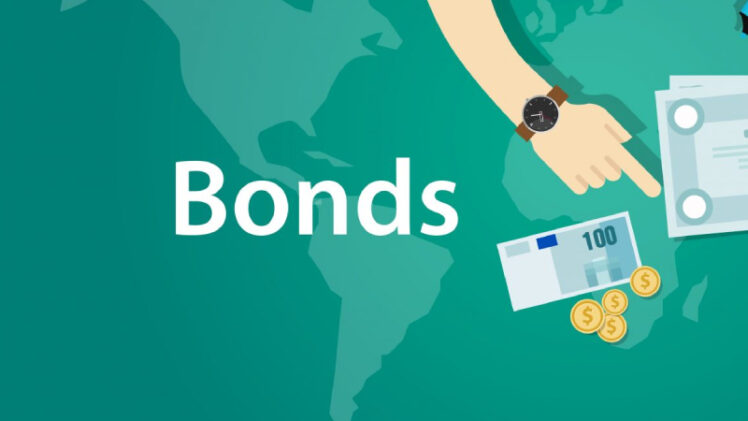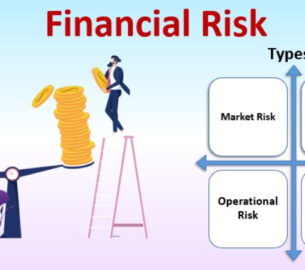What Are Bonds?:
A bond is a financial instrument that represents the issuer’s indebtedness to the investor. In other words, it’s a paper that says “I owe you” and is handled by the borrower to the person who was lending them money. That’s all there is; bonds are types of loans. Yes, but also no! They’re like claiming idly, or dosa is both made from rice even though they aren’t similar. Idlies involve interest payments while dosas signify borrowing or debt even if they’re comparable in certain ways: for instance, some people might call them ‘both’ because each entails an exchange between food and currency just as with bonds (interest rates) when someone buys
A bond is a financial instrument which reflects the issuer’s obligation to the investor.
This is all there is.
The issuer and borrower are just one step apart. The bondholder is assisting the company with securing funds. In a loan scenario, the bank or lender would be providing the financing for you instead of helping someone out as an investor does on your behalf when they buy bonds from you.
So, when it comes to bonds and loans, there is a difference and there are many types of bonds in Finance. The investor gets interested in the loan while borrowing money from the corporation in return. Bonds are traded because they’re issued with specific terms – meaning you know exactly how much time you have until maturity date (the whole point of these things). But if we were taking out that same loan or investing instead? Well then, as investors, I guess our take would be different: We’ll invest some funds into this huge new business venture which will be one type of bond in Finance but only after getting assurances on repayment rates at first!
You are not locked into a bond like you would be with stocks. If the market turns against your favour, then sell it! The two things to keep in mind when holding a bond are that its value can fluctuate based on current conditions, and if you want or need money out of it for any reason, there’s no waiting period.
Why Should I Be Interested In Bonds?:
Bonds are not just for the mature investor. If interest rates go up, bond prices will fall because their value is based on a fixed rate of return guaranteed by the issuer–even when inflation rises! You can buy bonds through mutual funds, or if you’re feeling brave (or foolish), directly from an investment firm.
Bonds may seem like they belong in your grandparents’ portfolio, but it would be unwise to exclude them completely. As riskier assets experience volatility and market downturns, steady-as-they come investments such as bonds provide investors with stability during turbulent periods, so don’t miss out!
Coupon and Yield :
They are like that annoying bunch of folks with whom you can’t talk about one without mentioning the others. The interest you receive on a bond is referred to as a coupon because early bonds were tangible pieces of paper or documents with little tear able chits called ‘coupons.’ Interest rates for recently issued bonds are usually given in terms of yield instead.











